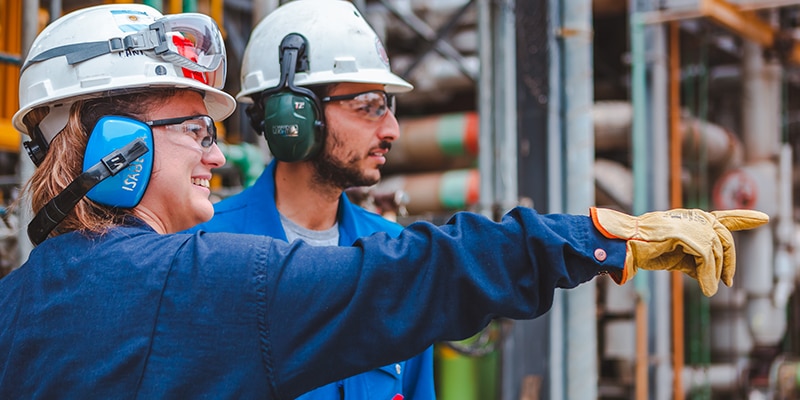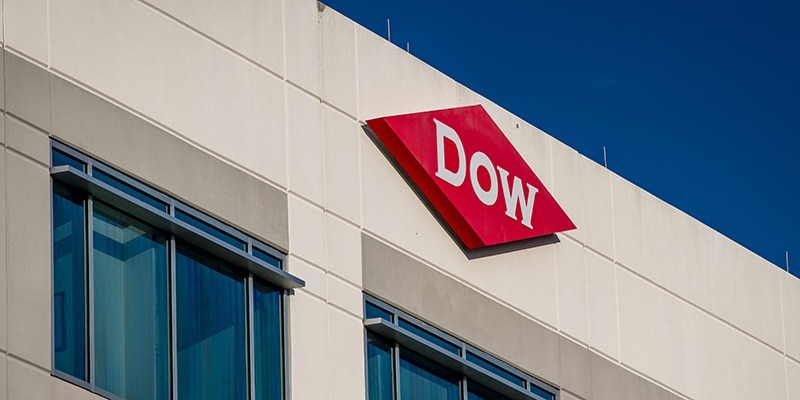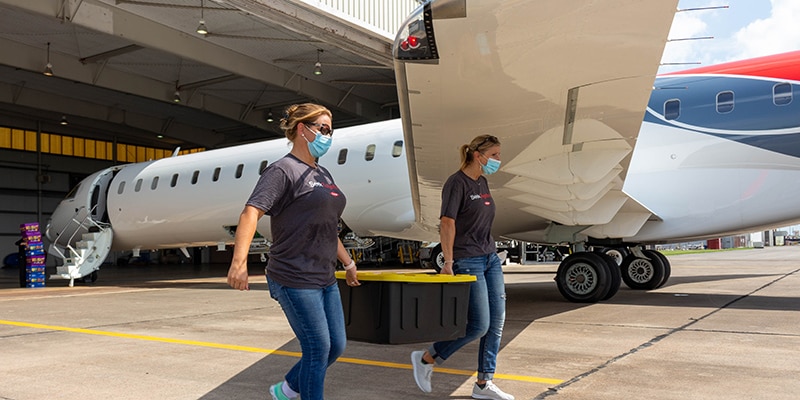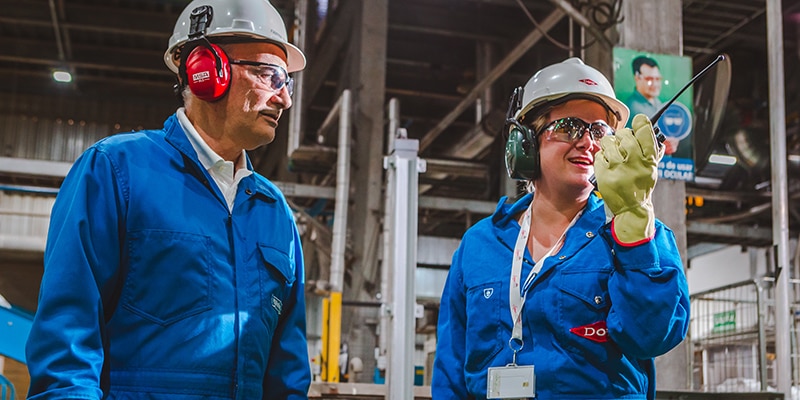
Can plastic debris help pave the way
to a more sustainable future?
We’ll never stop seeking new ways to reuse plastic waste and bring it into the circular economy.
Working in tandem with governments, nonprofits, startups and corporations around the world, we’re throwing all our weight behind the crisis of plastic waste to help reduce the amount of plastics that end up in oceans, landfills, streets and rivers.
We’ve seen some pretty creative solutions emerge when passionate, creative thinkers converge to help address global challenges.
BUSINESS CHALLENGE
Only 10% of manufactured plastic is recycled annually,
and 8 million tons end up in the ocean
At the U.N. Conference on Environment and Development in December 2017, plastics contamination was recognized as a planetary issue threatening much of the world’s marine ecology.
Most of the world’s ocean plastics originate in Asia – and no country experiences this crisis more urgently than Indonesia.
In 2017, the nation was named the second-largest contributor to marine plastic pollution following China. According to research, plastic waste in Indonesia is estimated to reach 9.52 million tons in 2019 – or 14% of the world’s total waste output. Casting a spotlight on this is the staggering amount of waste washing up its beaches.
To address this, Indonesia set an ambitious goal of reducing oceanic waste by 70% by 2025.
The Indonesian government understood that dramatic action and innovative partners were needed to divert and collect discarded plastics. But there remained a question of what to do with the waste once it was collected from seas and shores.
APPROACH TO SOLVE
Mixing hard-to-recycle plastics into pavement
Working hand-in-hand with government officials, waste collectors and others, we discovered a way to link the reuse of plastic waste with a need for new road construction.
The outcome? “Plastic roads” – roadways paved with polymer-modified asphalt (PMA) using postconsumer recycled plastic.
To construct these roads, plastic waste is first collected. Volunteers pick through debris, which is taken to local recyclers who process the material. The plastics are then finely ground before being mixed into Dow’s ELVALOY™ RET asphalt modification technology.
In addition to keeping tons of plastic out of the ocean that might take hundreds of years to decompose, roads following this process are more durable and longer lasting. They also generate less greenhouse gas emissions by replacing nearly 10 percent of bitumen that would be used in road asphalt.
Companies do not make plastics with the intent of it ending up in the ocean, and we acknowledge the strong role the industry must play in order to help eliminate ocean plastic waste by 2035
SOLUTION
Tons less waste and miles of new roadways
In Indonesia, Dow worked with the government and various stakeholders to complete the first plastic road trial in Depok. Approximately 3.5 metric tons of plastic waste material were mixed into asphalt to create a 1.8-kilometer-long road, which covered a total area of 9,781 square meters. The result of the project was a highly resistant plastic waste-based road that was stronger than standard asphalt roadways.
Demand for this technology is growing throughout the Asia-Pacific region, where plastic roads have already been constructed in India, Thailand, Phillipines and Vietnam.
In India, Dow worked with government officials and waste collectors in Bangalore and Pune to bring together the people and materials needed for 40 kilometers of roads – diverting 100 metric tons of waste from landfills (that’s equivalent to 25 million flexible pouches!).
“This project shows the creative solutions we can come up with when we collaborate with partners to create a sustainable system to advance a circular economy,” said Candra. “It engages communities on a local level and provides a new value to plastic litter in those communities.”
Extraordinary problems require extraordinary solutions, and we all share a responsibility to prevent plastic waste from undermining ecosystems.
Outside of Asia, we’re piloting this technology in cities across the United States. If you think your community would be a good fit, connect with us on Twitter @DowPackaging.





